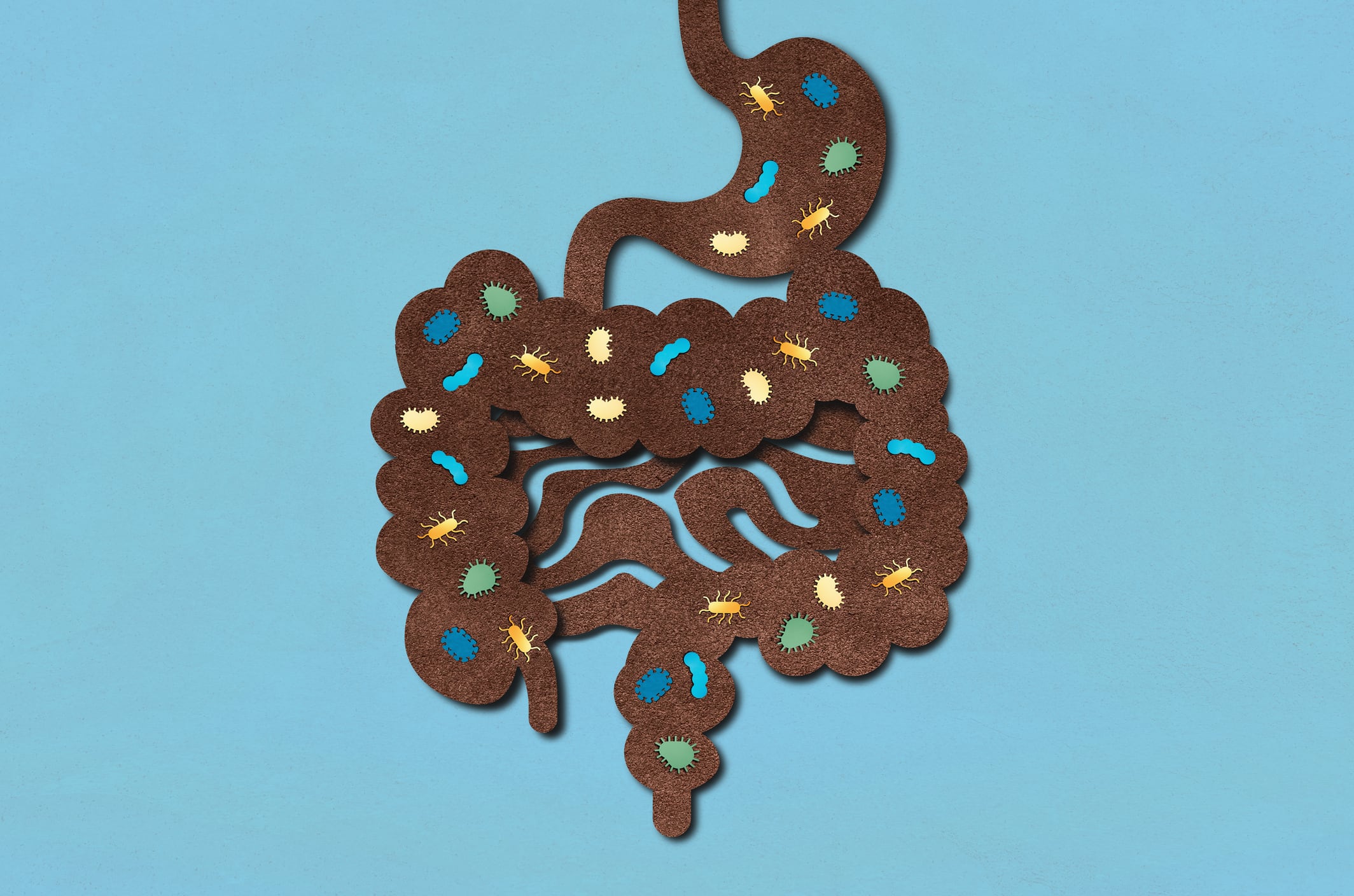The fermented product was also found to increase levels of the appetite-suppressing hormone adiponectin in a model fat tissue system, according to data published in Current Research in Food Science.
“To our knowledge, this is the first study to generate and characterize an extract derived from the fermentation of chicory by Akkermansia muciniphila,” wrote researchers from the Université Clermont-Auvergne working with scientists from Greencell and Greentech.
“In addition to using human immune cells, we also used human matures adipocytes organized into adipospheroids, which is a complementary and original in vitro tool to investigate deeply in mechanism of action.”
Comparative study
The new study focused on the development, characterization and comparison of different phyto-postbiotics produced by fermenting chicory or horse chestnut-derived prebiotics and 10 different strains of beneficial intestinal bacteria.
The ten strains used included L. reuteri DSMZ 20016, L. gasseri DSMZ 20604, L. crispatus LMG 12005, B. coagulans LMG 6326, B. longum CIP 64.62T, B. bifidum (Greencell strain), B. breve CIP 64.69T, A. muciniphila DSMZ - DSM 22959, F. prausnitzii DSMZ - DSM 17677 and R. intestinalis DSMZ - DSM 14610.
All strains were heat-inactivated after the fermentation, thereby producing postbiotic extracts.
Postbiotics defined
A postbiotic is defined as a “preparation of inanimate microorganisms and/or their components that confers a health benefit on the host” (ISAPP, 2021)
Of all the phyto-postbiotics produced, the combination of chicory and A. muciniphila was selected for further study based on it exhibiting the highest antioxidant activity. Characterization of the fermentation product revealed the presence of amino acids, acetate and polyphenols, such as daidzein and genistein.
Additional in vitro tests showed that the chicory-Akkermansia (C-Akm) fermentation product decreased the production of reactive oxygen species (ROS) in white blood cells (macrophages). It also reduced the TNF-alpha and Il-6 gene expression, both of which are pro-inflammatory.
“One of the significant findings of our study was that C-Akm extract promoted the interaction between adipocytes and macrophages, notably by lowering inflammation,” the researchers wrote.
“Our research allowed us to generate and characterize a fermented chicory extract produced by Akkermansia muciniphila,” they added. “Furthermore, we demonstrated that C-Akm extract might be a promising option for managing obesity by lowering low-grade inflammation and modulating adipokine production.”
Akkermansia
A. muciniphila is a Gram-negative, anaerobic bacterium that colonizes the gut during the first year of life. The bug reportedly accounts for about 3% of the human gut microbiota, and its abundance in the intestinal mucus layer is inversely correlated with BMI, type 1 diabetes and bowel disease in humans.
Akkermansia is known to produce nutrients that feed intestinal cells responsible for producing the intestinal mucus layer, which helps to maintain healthy intestinal barrier function and controls gut permeability and low-grade inflammation in the gut.
Korean scientists reported in 2021 that A. muciniphila may secrete a protein that stimulates a “modest increase of circulating GLP-1 just after an oral glucose challenge.”
Much of the research into the species has been conducted in Belgium and the Netherlands by scientists at the Catholic University of Louvain and Wageningen University, and a spin-off company called A-Mansia was launched several years ago to develop of A. muciniphila products. The A-Mansia company focuses on the pasteurized form of the bacterium.
Source: Current Research in Food Science, Volume 10, 100974. doi: 10.1016/j.crfs.2025.100974, “Development and characterization of a chicory extract fermented by Akkermansia muciniphila: An in vitro study on its potential to modulate obesity-related inflammation”. Authors: A. Chervet et al.





